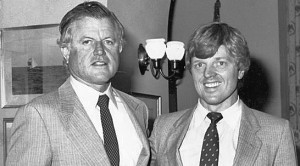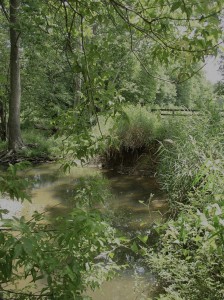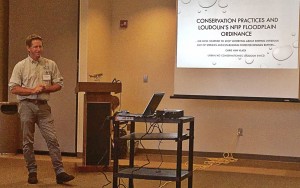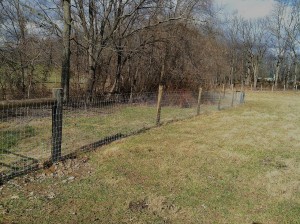I studied law because I wanted to be involved in politics. Thomas Jefferson told a cousin who sought his advice that, if he wanted to go into politics, he should study the law. I figured Jefferson knew what he was talking about.
My party preference was set when I heard Senator Jack Kennedy, running for President, speak at Fordham University when I was a High School freshman at the Prep.
I didn’t give a thought to whether preferring one political party or another could bar one from public service.
After Columbia Law School, I was appointed a law clerk in the 2nd Circuit by an Eisenhower appointee, a NY federal prosecutor by a Nixon appointee, special counsel to the U.S. Senate Judiciary Committee by Senator Strom Thurmond, and special counsel to the U.S. Senate Labor Committee by Orrin Hatch; all of these appointments were by Republicans.
In those days, you could find a worthy challenge in public service without regard to party affiliation.
In 1980, I was a Director of Citizens for Kennedy in New York, when Ted challenged Jimmy Carter to be the party’s nominee for President. But it was not to be.
When I was appointed by Senator Hatch as his Special Counsel after Ted’s campaign, I arrived early to an empty Senate Labor Committee Hearing Room, except for Senator Kennedy who was the ranking member on the Committee.
Ted asked, “What brings you here?”
“I’m Special Counsel to the Senate Labor Committee,” I answered.
Ted laughed, “No, you’re not. I didn’t appoint you.”
“No,” I said, “You didn’t but Orrin did.”
Ted came closer, speaking softly, in a mock conspiratorial way, and asked, “Does he know about us?”
I said, “Yes, he does.” Continue reading








